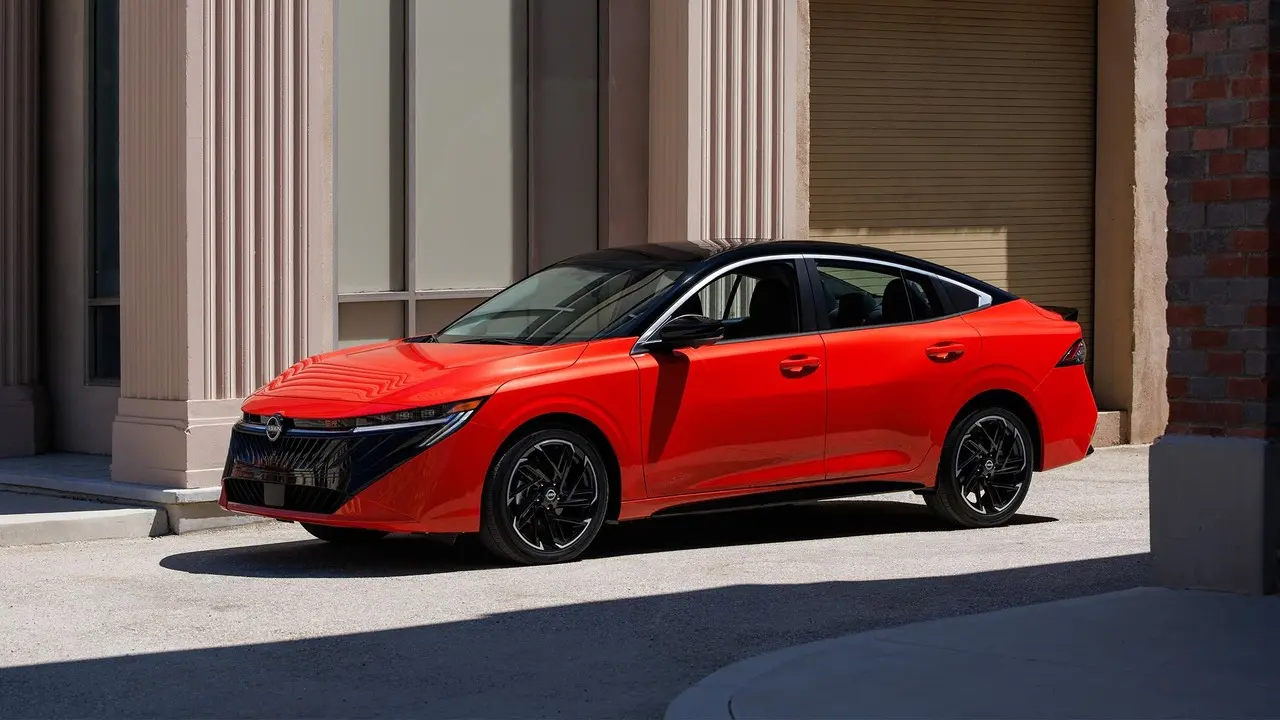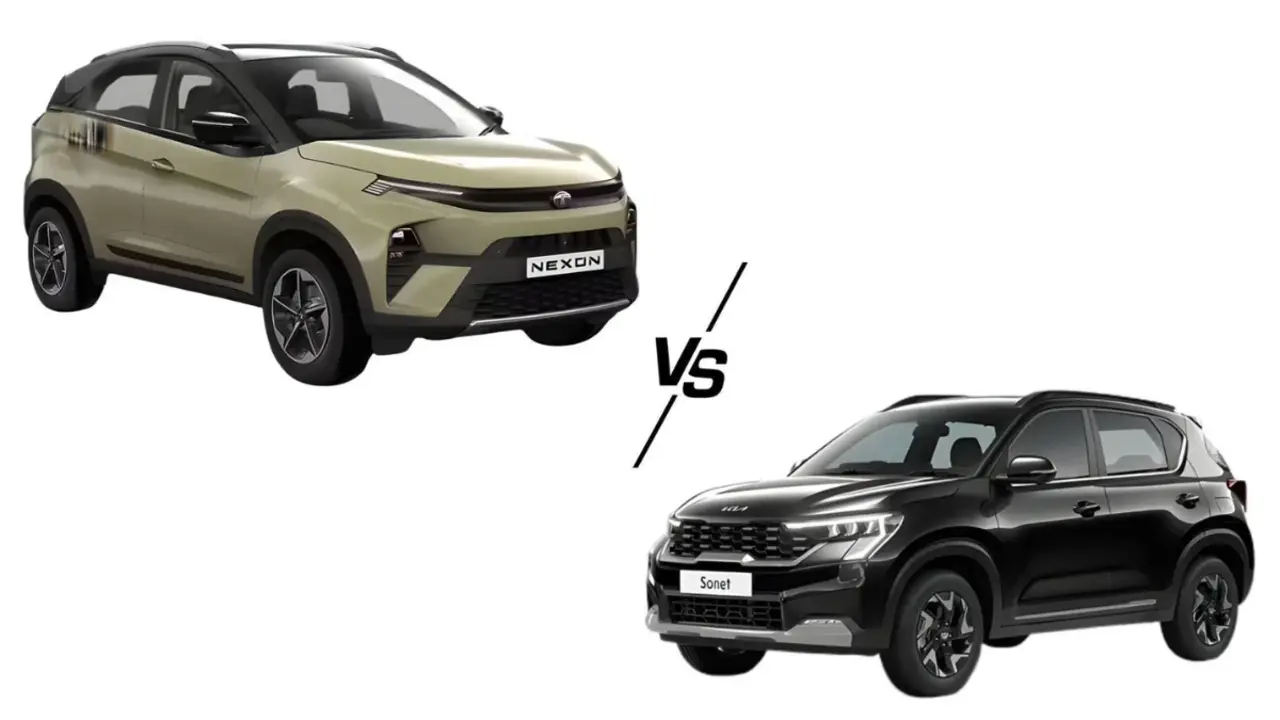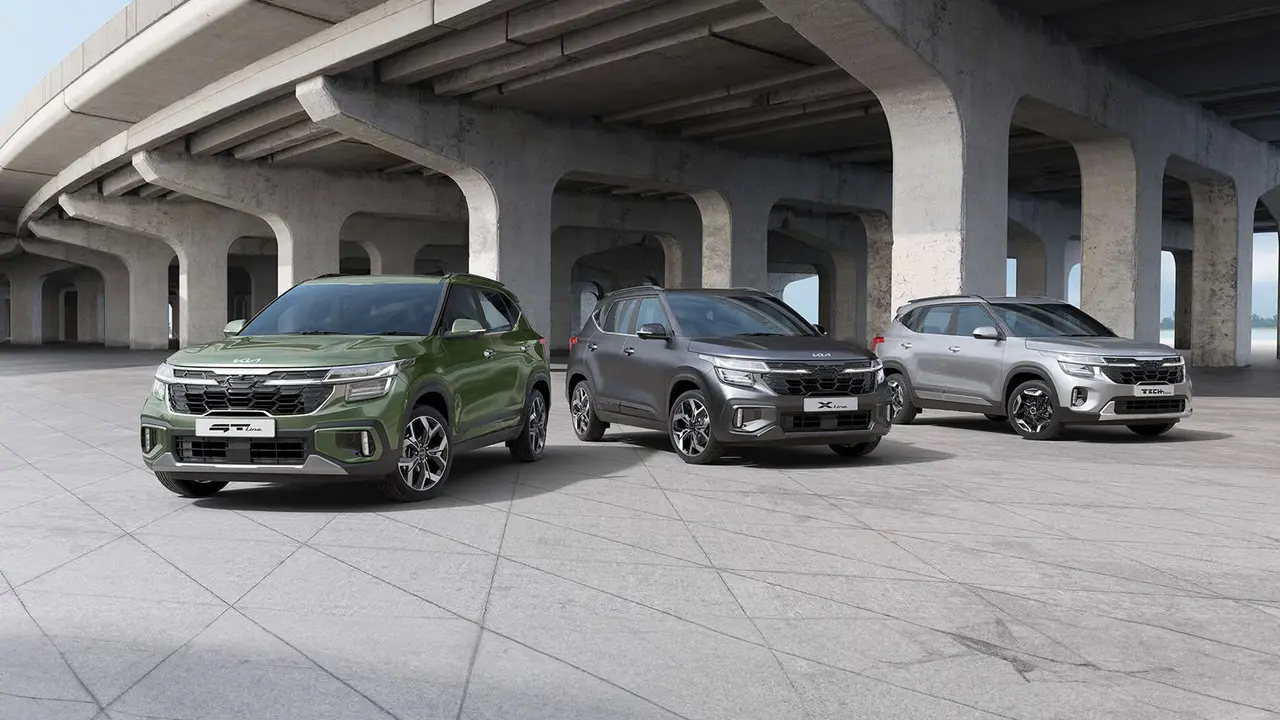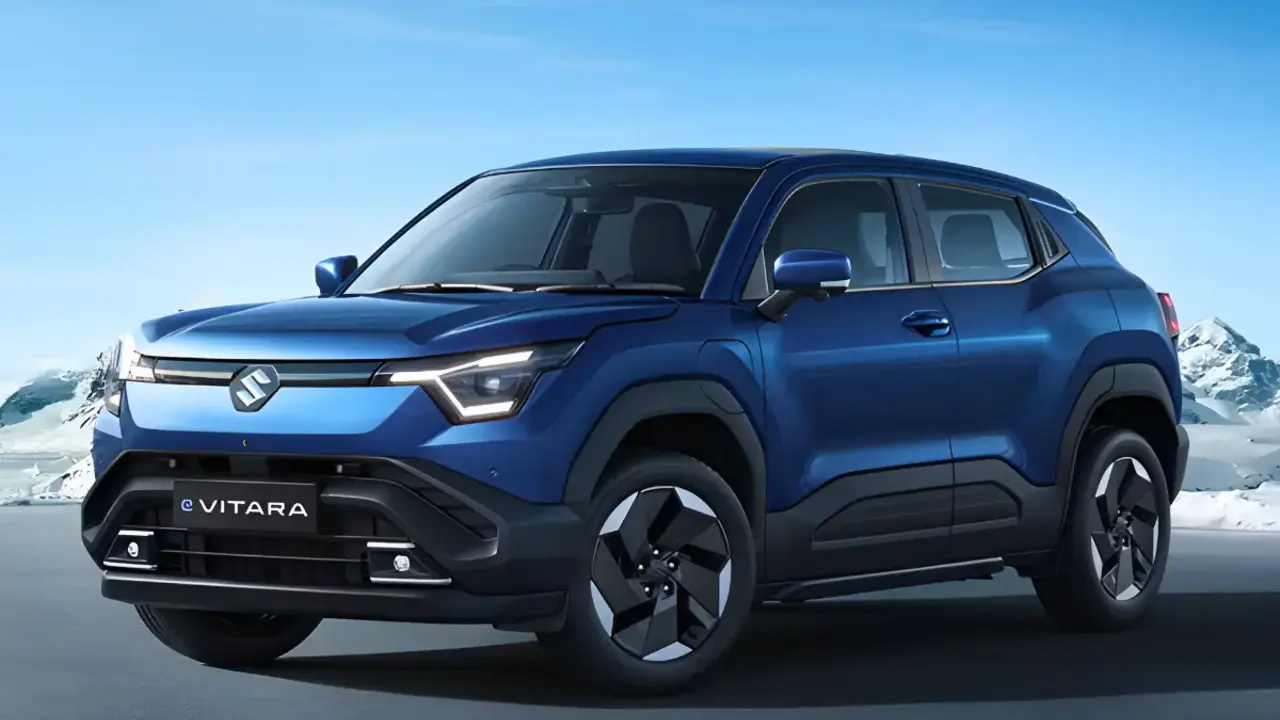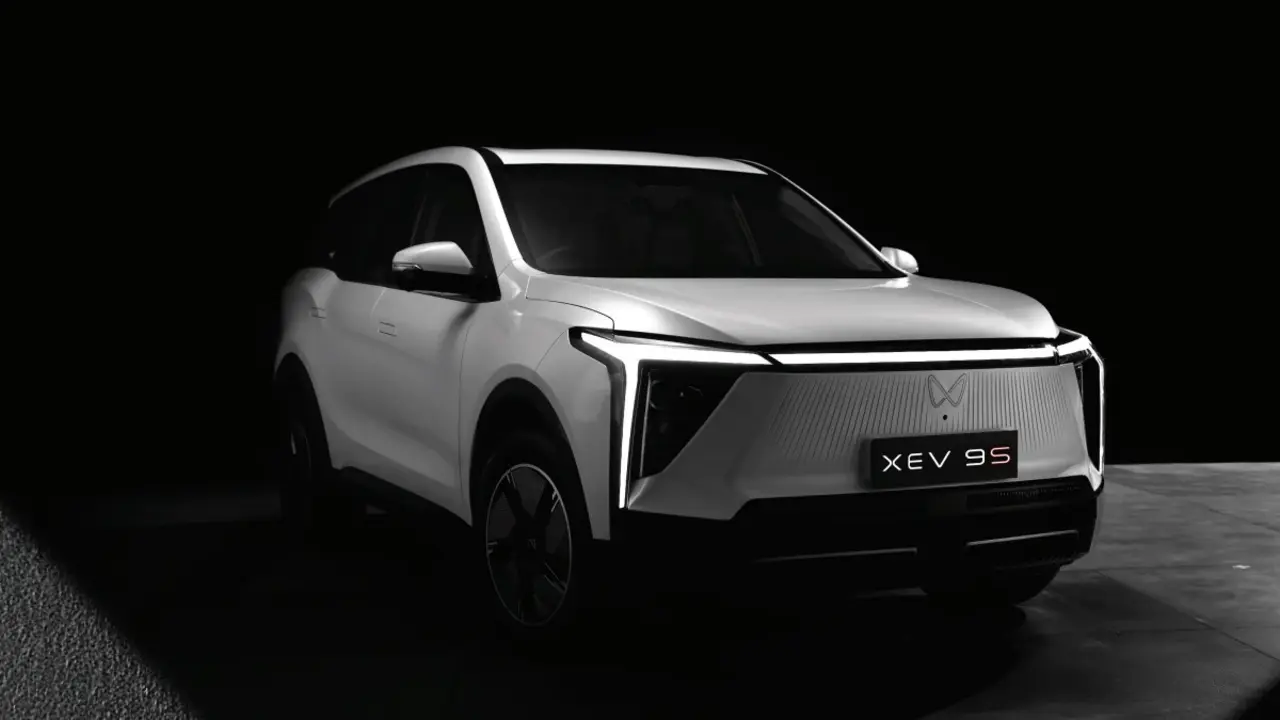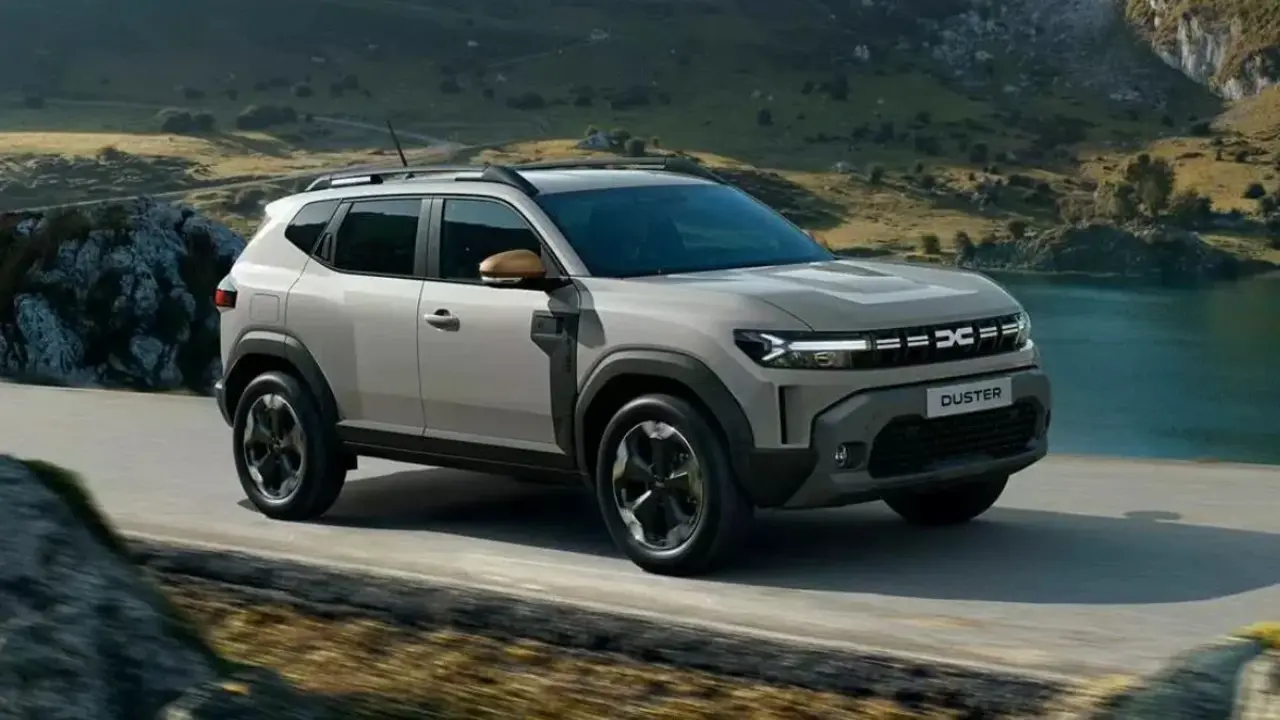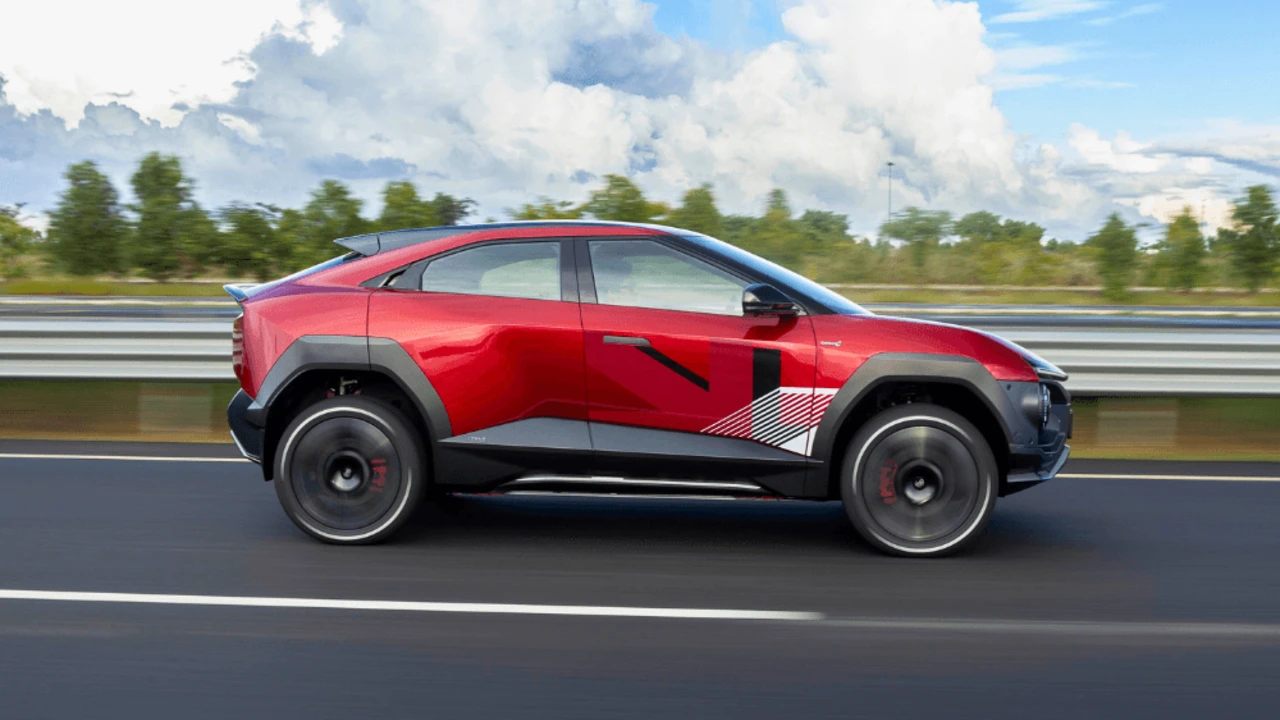The 2026 Nissan Sentra has made its debut, and this ninth-generation model is already drawing attention. Set to arrive later this year, the compact sedan comes with a mix of exciting upgrades and some areas that still leave questions. With stiff competition in the compact sedan market, Nissan is hoping the refreshed Sentra will finally climb higher in the rankings.
New Looks
One of the biggest highlights of the new Sentra is its redesigned exterior. The car now carries a sharper, more confident face with a redesigned front grille and sleek projector LED headlights. On the SR trim, blacked-out elements give the front end a bold and sporty character, while the bright orange finish makes it impossible to miss. The standard version has a more subtle, body-colored finish, offering a calmer and cleaner appearance.
Although the profile hints at a liftback style, the 2026 Sentra sticks with a traditional trunk layout. The refreshed sheetmetal adds a modern and more assertive personality compared to the outgoing model.
Underwhelming Power
While the styling is fresh, the engine department tells a different story. Nissan has retained the same 2.0-liter four-cylinder engine that produces 149 horsepower and 146 lb-ft of torque. Performance numbers remain unchanged, with a 0 to 60 mph time of about 8.8 seconds.
The much-criticized continuously variable transmission (CVT) also returns, though Nissan says it has been retuned for smoother and more responsive performance. The car’s body is slightly more rigid, which should translate into improved handling, but the platform itself is still based on the previous generation. For now, the absence of a hybrid option stands out, especially given the growing demand for electrified vehicles.
Interior Upgrades
The real progress for the 2026 Sentra lies inside the cabin. Nissan has finally addressed one of the biggest complaints by adding modern technology and comfort features. A 12.3-inch touchscreen now comes standard, replacing the old 8-inch unit. Except for the base trim, all models also receive a 12.3-inch digital instrument cluster, along with wireless Android Auto and Apple CarPlay.
Another first for the Sentra is a wireless charging pad, joined by adaptive cruise control that can bring the car to a complete stop. These updates bring the Sentra closer to rivals in terms of tech.
When it comes to seating, Nissan offers synthetic leather across trims, including the top SL model. While real leather is absent, the seats remain supportive and comfortable, with plenty of cushioning for long drives. The rear seat provides generous legroom and headroom for adult passengers, though it misses out on some convenience features. Passengers in the back only get one USB-C port and no dedicated air vents, which may feel limiting on road trips.
Also Read: YangWang U9 Xtreme Breaks Speed Record with New Top Speed
Value and MPG
Two critical factors remain uncertain — fuel economy and pricing. Nissan estimates the Sentra will deliver around 32–33 mpg combined, only slightly below the outgoing model’s 33–34 mpg. The official EPA ratings will give a clearer picture once available.
Pricing is even more important for this segment. The previous generation stood out by offering a well-equipped version for around $25,000, undercutting many rivals. If Nissan manages to keep the fully loaded SL trim close to $27,000, the Sentra could regain strong value appeal and remain competitive against other compact sedans.
Final Thoughts
The 2026 Nissan Sentra is a mix of positives and missed opportunities. Its new design and tech-rich interior give it a much-needed refresh, but the unchanged engine and transmission may leave some buyers wanting more. Ultimately, fuel efficiency numbers and final pricing will decide how well the Sentra stacks up against rivals like the Honda Civic and Toyota Corolla. For now, Nissan has delivered a sedan that looks and feels more modern, but whether it can rise from the bottom of the rankings depends on the details still to come.
